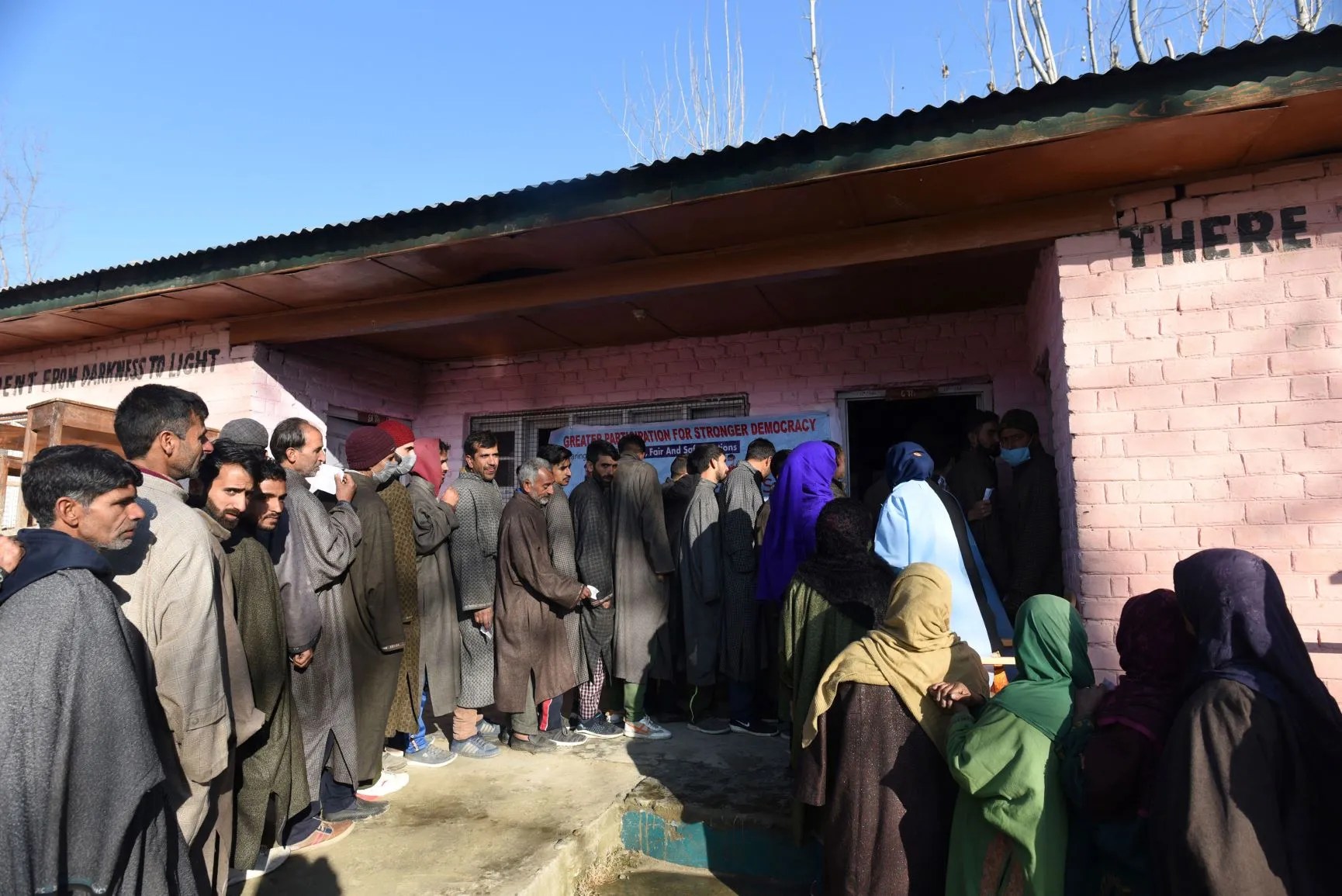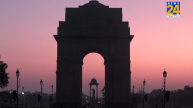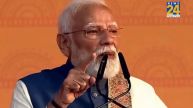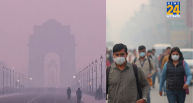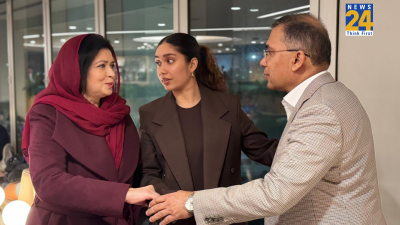Has the divide between the Jammu region and the Kashmir Valley been further deepened and widened? Is this divide on the communal and ultra-nationalist line too? The result of the Jammu and Kashmir Assembly Election 2024 has sent a strong signal, perhaps a wrong one.
The saffron party, which whipped strong ultra-nationalist sentiments won as many as 29 seats in the Jammu division, but it drew a blank in the Kashmir Valley. Its condition was so pathetic that it could not get candidates to field in all seats in the valley. The Pir Panjal region with Rajouri and Poonch districts and Chenab Valley with Doda and Bhaderwah districts voted overwhelmingly for the National Conference.
Jammu Vs Kashmir
The Jammu region and the Kashmir Valley have been alienated historically, now they are polarized and the alienation is complete. The political and electoral divisions that have become apparent now, have their roots in 2019 when the Jammu region was completely separated administratively from the Kashmir valley.
Demand For Separate Jammu State
The already complicated issue may become more complicated if none of the elected representatives are a part of the government. This may encourage them and the people to press for a separate state.
No Hindu BJP MLA, None From Kashmir Valley
The election result is disturbing in the sense that none of the BJP MLAs is a Muslim. The saffron party emerged victorious on 29 seats, all in the Jammu region, it has 28 Hindus and one Sikh member, with none of its Muslim candidates, including two former ministers, winning the polls. The party fielded 25 Muslim candidates, all from the Kashmir Valley, none could win.
No Hindu MLA From Kashmir Valley
It is also disturbing that the National Conference has only two Hindu MLAs, both in the Jammu region. Surinder Chaudhary defeated Jammu and Kashmir BJP chief Ravinder Raina from Nowshera in Rajouri district in the Jammu region.
Also Read: Explained: Will BJP Use L-G’s Office To Block National Conference-Congress In Jammu & Kashmir?
Arjun Singh Raju is the other Hindu MLA from the NC, he was elected from Ramban. The Omar-Farooq Abdullah-led party fielded nine Hindu candidates, two of them managed to win, but none from the valley.
The Congress fielded 19 Hindu and two Sikh candidates, mostly from the Jammu region, none of them could win.
Jammu For Hindutva, Ultra-Nationalist
The political observers were also upset with the fact that the Hindu population in the Jammu region was not happy with the abrogation of Article 370 as they apprehended that they would have to compete with non-Kashmiris. The Hindu businessmen, who control the rice mills and liquor business too were upset with the potential competition. However, the saffron party won 29 seats. Was it because of its Hindutva and ultra-nationalist approach?
The National Conference has emerged as a big, all-inclusive platform that attracted Shias, Sunnis, Buddhists, Gujjars, and Bakerwals, but it failed to connect itself to Hindus, except in two seats. However, none of its Hindu candidates in the Kashmir Valley could win.
Statehood May Further Widen Divide
Another important factor that may create problems is the status of Jammu and Kashmir. Omar Abdullah said earlier that he would not be the chief minister with such limited powers that he could not appoint a peon without the consent of the Lieutenant Governor. Though he contested the election and is poised to be the Chief Minister, he has not yet indicated that he would go back from his earlier stand.
The centre has not yet indicated that it would dilute its stand on the rights and powers of the L-G, it has also not indicated to restore the statehood of Jammu and Kashmir, though Amit Shah declared in the election rally that it would restore the statehood. After the election results were declared, Omar Abdullah reminded the saffron party of its promises on the issue of statehood. He also said sarcastically he did not recall BJP saying it would restore statehood only if it was elected.
Jammu Backs Abrogation OF Article 370
If the centre plays the game of dilly-dally or makes excuses for restoring the statehood, the BJP in the state will have to support and justify it. It may further widen the divide between the Jammu region and the Kashmir Valley.
Omar Abdullah has sent the right signals by saying that he will work for the restoration of Article 370, but will not fool the masses. He also said when the regime would change and the future government was in favour, he would rake up the issue again and get the article restored. The BJP leaders, including those from the Jammu region, supported the move taken on August 5, 2019. This is one more reason for the widening divide.

